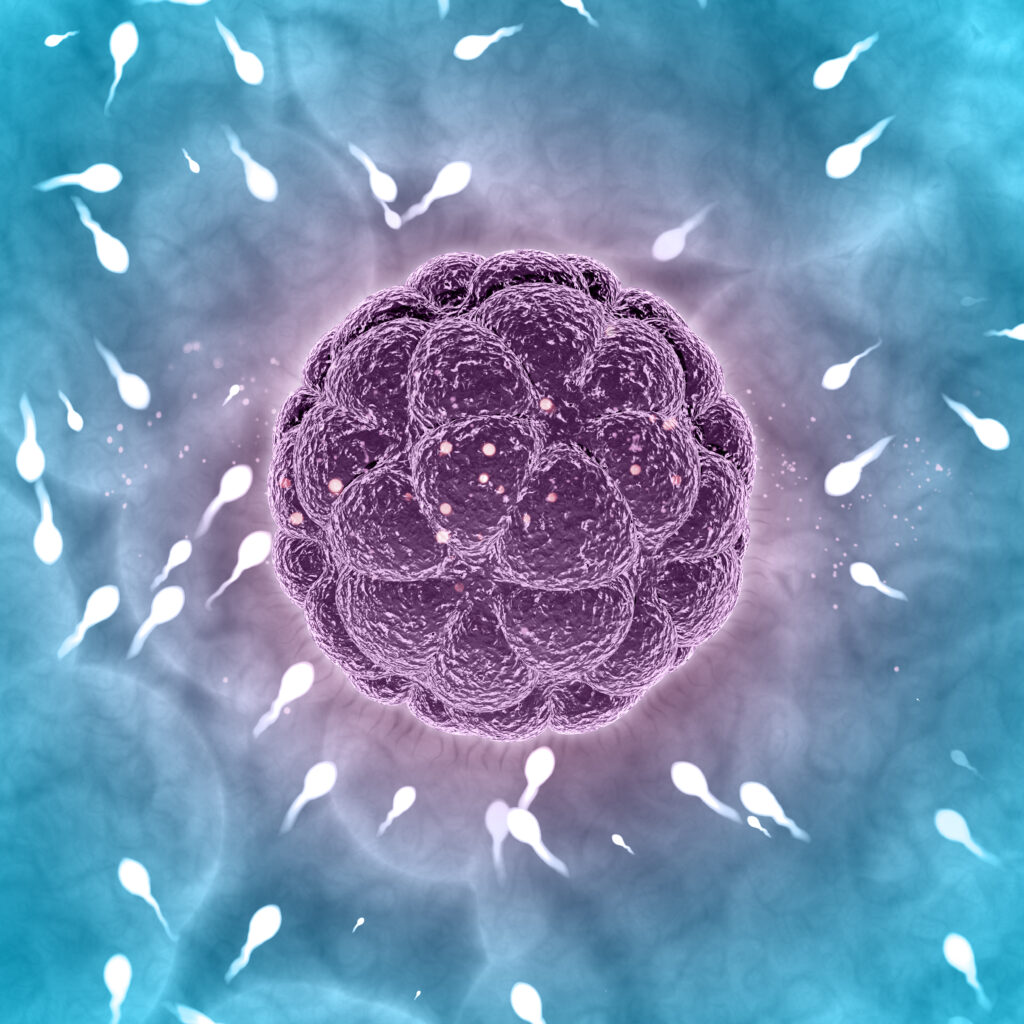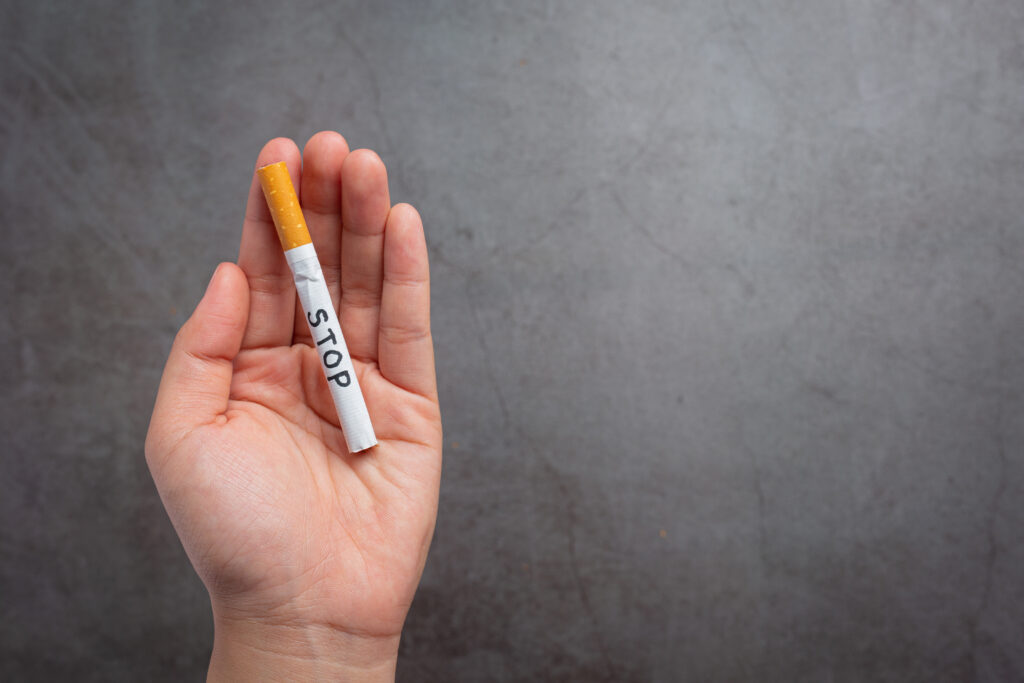The first and foremost thing you ought to know as a couple trying to conceive is that your body is biologically wired to procreate when the conditions within it are optimal. This means that when you strive towards holistic wellbeing, then nature is definitely on your side, and will do everything possible to facilitate reproduction. Here’s a list of 11 tips you can follow to maximize your chances of getting pregnant, while minimizing any disruption to the natural course of events.
1. KNOW YOUR CYCLE
Every woman, whether trying to conceive or not, should have an intimate knowledge of the workings of her own body, particularly that of her menstrual cycle. The best way to do this is to either jot down the date of the first day of your period in the old-fashioned way, or use a period tracker app to help you understand your cycle better. The average menstrual cycle is 28 days long, while it may vary from 21 – 35 days for different women. Add the lengths of three consecutive cycles, and divide by three, to find out your average length.
To find out more about period irregularities

2. TRACK YOUR OVULATION
Once you’ve mapped out the average frequency and length of your cycle, then predicting The Golden Day of Ovulation should be easier. This is when your ovary shoots out an egg (ovum), approximately two weeks before the start of your periods. The clock starts ticking immediately thereafter, as your egg is viable for only 12 – 24 hours following ovulation. Note that your partner’s ejaculated sperm is viable for up to five days inside your body.
There are scores of apps online that predict ovulation. In addition to using them, it’s sometimes better to get your own hands dirty. There are some things that you can do to make accurate guestimates of your ovulation.
Ovulation test kits
Similar to pregnancy test strips, these kits work by testing your urine for hormones, luteinizing hormone (LH) in this case. LH levels surge right before ovulation. Intercourse in the three days following a positive result maximizes your chances of fertilization, as advised by the American Pregnancy Association.
Analysis of vaginal discharge
Cervical mucus, as tracked by regularly analyzing your vaginal discharge, becomes thinner, clearer and more slippery just before you ovulate. This is nature’s way of ensuring that any sperm deposited in your vagina will have an easier swim to reach its target – the egg.
Basal Body Temperature
This refers to your body temperature at rest, levels of which drop slightly before ovulation occurs. It then shows a spike of about 0.3 degree on ovulation day, and remains elevated for the next three days. To predict ovulation, you need to start diligently recording your body temperature around the same time each morning, before getting out of bed. However, as the differences you’re looking out for are minute, a basal thermometer or a high-quality digital one, are your best bet.
We have more information on HOW TO KNOW IF YOU ARE OVULATING.
3. NETFLIX AND CHILL (SEXY TIME!)
Fertilization is not about getting hot under the bed covers with your partner, multiple times a day, all month long (that’s absolutely okay too!), hoping for a hit and not a miss. Instead, in every menstrual cycle, you get only one limited fertile window of opportunity, six days to be exact, when your body is primed for conception. This includes the five days before ovulation, and the day of. Needless to say, the day of is when your fertility is at its peak. So, this is for when you should reserve your best sex.
If sex every day for six days straight seems a bit too intimidating, no sweat, as research has shown only a small difference in success rates between couples who did it every day (37%), and those who chose sex every other day (33%).

4. GET INTO SHAPE (BALANCED DIET & EXERCISE)
Both ends of the weight spectrum show adverse effects on hormonal balance in men and women, thereby a healthy body weight is a contributing factor to increased fertility. As a motivational factor, your social media profile pales in comparison to a baby, doesn’t it?
Excess body fat has been linked to decreased viability and concentration of the male sperm, while both excess and very little body fat are linked to problems in ovulation in women.
Opt for a nutritious, well-balanced diet to improve overall health, and to lose or gain weight. Support this with a regular exercise routine, as this has a well-documented impact on wellness and reproductive health. However, do strike a balance in the intensity of your fitness regime, as highly strenuous workouts should be avoided at this time. You may seek the professional help and guidance of a nutritionist and fitness trainer, or through an online community such as Mind & Mom, who provide specialist advice.

5. FERTILITY FOODS
There is no dearth of oldwives’ tales when it comes to foods that boost fertility. Most are grounded in myth, but some are definitely backed by research. Eating foods such as complex carbohydrates, dairy, fatty fish, lean animal protein, yams, green leafy vegetables, citrus fruits and berries are proven to be helpful, as they contain the nutrients required to improve your reproductive health.
You could also try herbal fertility supplements from a trusted brand. Regardless of whether they help you conceive or not, your general health may get a nutritional boost. Just make sure you don’t experience any adverse effect from the same.
6. POP A PILL
Manage any nutritional deficiencies by taking appropriate supplements. It is also best to take a prenatal multivitamin daily, as they contain the micronutrients, such as folic acid, that your body might require for conception, and that are vital for early pregnancy, even before you realize you’re pregnant.
7. QUIT THE ADDICTIONS
Let your enduring struggle for progeny motivate you to free yourself from the shackles of unhealthy addictions; be it junk food, sugar, processed foods, unhealthy fats, caffeine, smoking, alcohol or other intoxicating substances.

8. REIGN IN THE STRESS
For you and your partner, just like for the more than 60 million couples battling infertility issues worldwide, it may seem like the end of the world when faced with a single line on the pregnancy strip, month after month. However, remember that you are making a baby – your lifetime keepsake. The best recipe is to make one out of love and positivity. Make practicing mindfulness a couple’s activity to help you both hold on to your calm and peace. Don’t let sex be a chore; with its intimacy, spontaneity and fun be stifled by timings and targets.
Embrace this time of adversity and challenges to build your relationship on a strong foundation of trust, support and companionship. You will need to rely on it after the arrival of your precious baby, as any baby, no matter how much it was yearned for, has the power to turn your world upside down, and rock even the strongest of foundations. In fact most couples report that they have better sex when pregnant, as there was no pressure to perform, and no fear of an unplanned pregnancy.

9. TREAT CHRONIC ILLNESSES
Treat any underlying medical conditions, either related to your menstrual health such as PCOS, or any other disease, such as diabetes, that may cause disruptions to your overall health, and your endocrine system in particular, thereby reducing your fertility.
10. PLAN SMART
Unfortunately, when it comes to preparing for a baby, age is not just a number. Research has shown that from 30 to 37 years of age, there is a gradual decline in fertility; from 37 to 40, a sharp decline; and thereafter until menopause, it is a steep drop to the bottom.
So, make sure you plan smartly for a baby, giving your body adequate time to prepare and work on conceiving, before biology catches up with it, and reduce the quality and quantity of the stash of eggs in your ovaries.
11. SEEK PROFESSIONAL HELP FOR PREGNANCY
If you are free from any underlying medical conditions, and have been enjoying unprotected sex for a year, paying particular attention to the fertile window, and are still having a hard time getting pregnant, then you need to seek the help of your gynecologist or a fertility specialist.

We wish you all the very best for a safe and healthy pregnancy in the imminent future!

